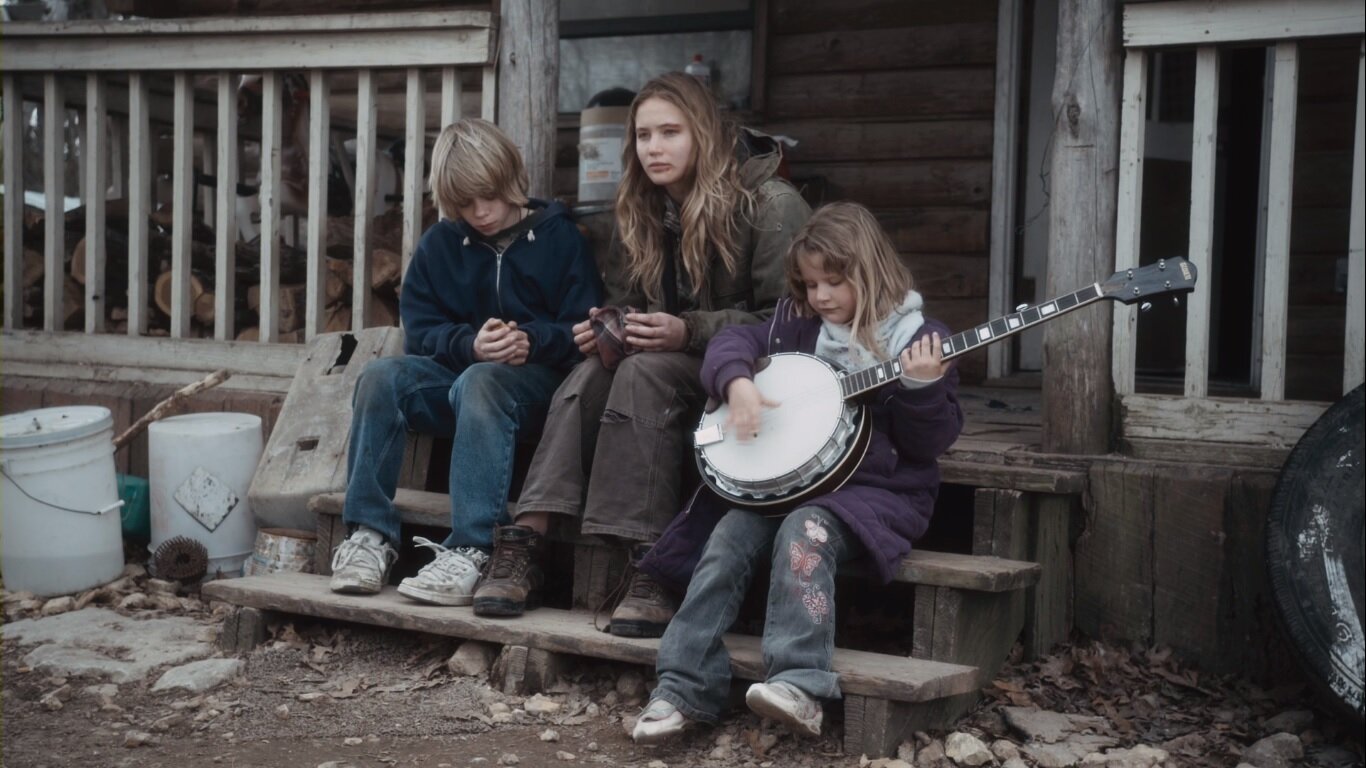IMDB
By Andrea Thompson
Life-changing is a cliché I hesitate to use, but that was certainly my experience when I saw “Winter's Bone” in theaters in 2010. I remember being in awe, not just of the film's magnificent characters, none of whom came off as stereotypical, but the actors who brought them to life with a tenderness that was in stark contrast to the harsh Ozark setting that director Debra Granik depicted with such quiet, unflinching intensity.
And of course, it gave us the one actress who came to rule them all, Jennifer Lawrence. It was how I and so many others were introduced to her, and there's a reason her performance as 17-year-old Ree was universally praised. I left the theater enraptured, and soon returned three more times to relive Ree's grueling ordeal to keep her family home and land. Lawrence was clearly a young woman who was going places, and I couldn't get enough.
I didn't know it at the time, but this was also the beginning of a lifelong love affair with Debra Granik. At least it hasn't faded yet, with her subsequent films “Stray Dog” and “Leave No Trace” becoming favorites of mine, even if they didn't have quite the same impact as “Winter's Bone.” Apparently I'm not alone in that, since practically everyone who reviewed “Leave No Trace” couldn't help but compare teenage lead Thomasin McKenzie to Lawrence, even though their characters take wildly divergent paths in coming into their own.
As someone who also grew up in a rural environment who would regularly hear about meth houses exploding, Ree's journey resonated with me. It's why I return to “Winter's Bone” again and again, but have yet to watch a single episode of “Breaking Bad.” Granik gave us a vision of meth underworld filled with people who destitute, who were both victims and villains, sans moralization or glorification. Maybe it was just relief that someone, somewhere, knew, and responded with compassion.
It was also a deeply feminist world enmeshed right in the midst of a brutal patriarchy that supposedly prized family but disposed of it with casual, brutal efficiency. The teenage Ree is her family's caregiver, not just for her younger brother and sister, but her mother, who has mentally deteriorated due to the daily stress she was ill-equipped to cope with. When Ree is informed that her missing father put up the house and land for his bond, she is the only one capable of searching for him in order to prevent them all from becoming homeless as well as destitute.
Screenshot
Ree's uncle Teardrop (John Hawkes, who in many ways embodies the traditional tortured noir hero) may eventually become her staunch ally, but it is the other women with whom Ree has more complex relationships, whether it's as a source of sanity, as is the case with her friend Gail (Lauren Sweetser), tenuous allies, or at times, her victimizers and reluctant saviors, such as the Milton women who aid their male relatives in ensuring their meth activities remain an open secret in their community.
Ree is also allowed to have her limits, and be emotionally vulnerable as well as physically. She's almost unbelievably strong, but even she has her limits in a place and time where any triumph means holding onto a status quo that threatens to violently rip apart at any moment. The last shot of the film, where Ree knows her happy ending isn't escape but right back where she started, is the ultimate bittersweet moment.



